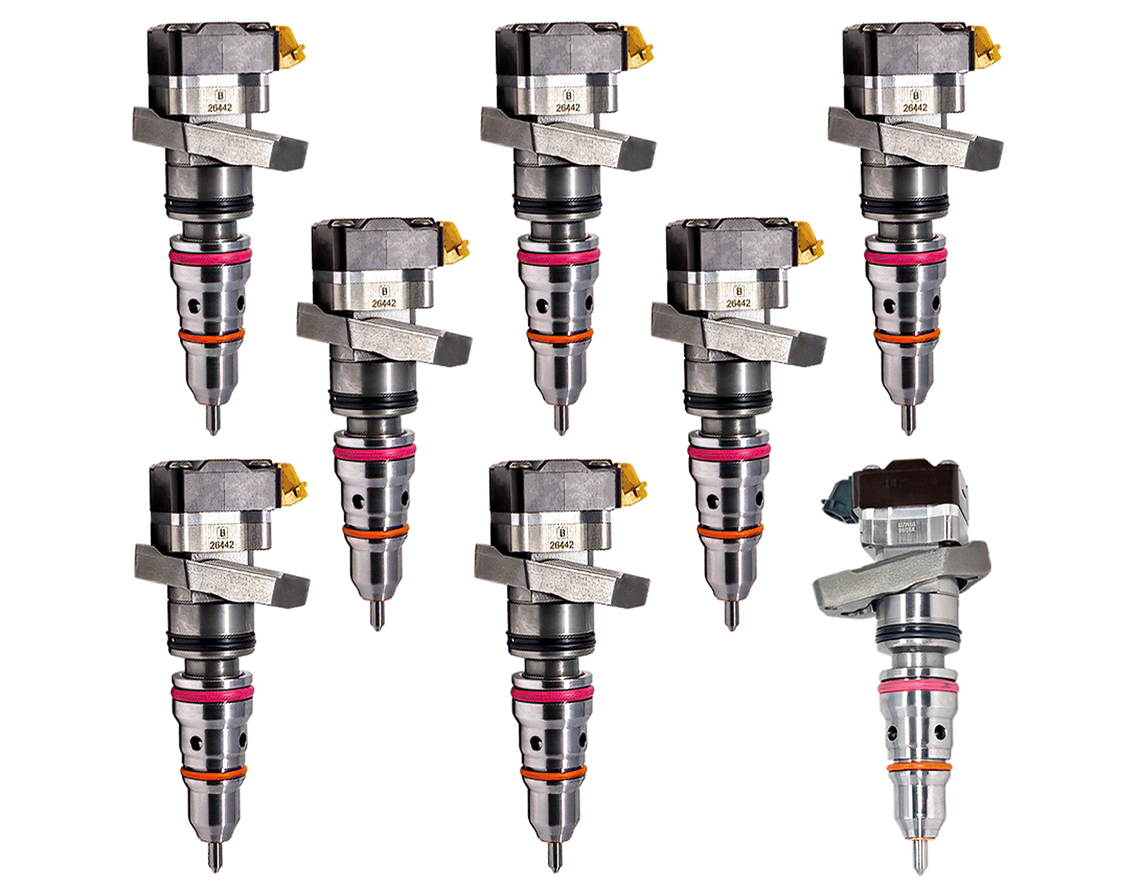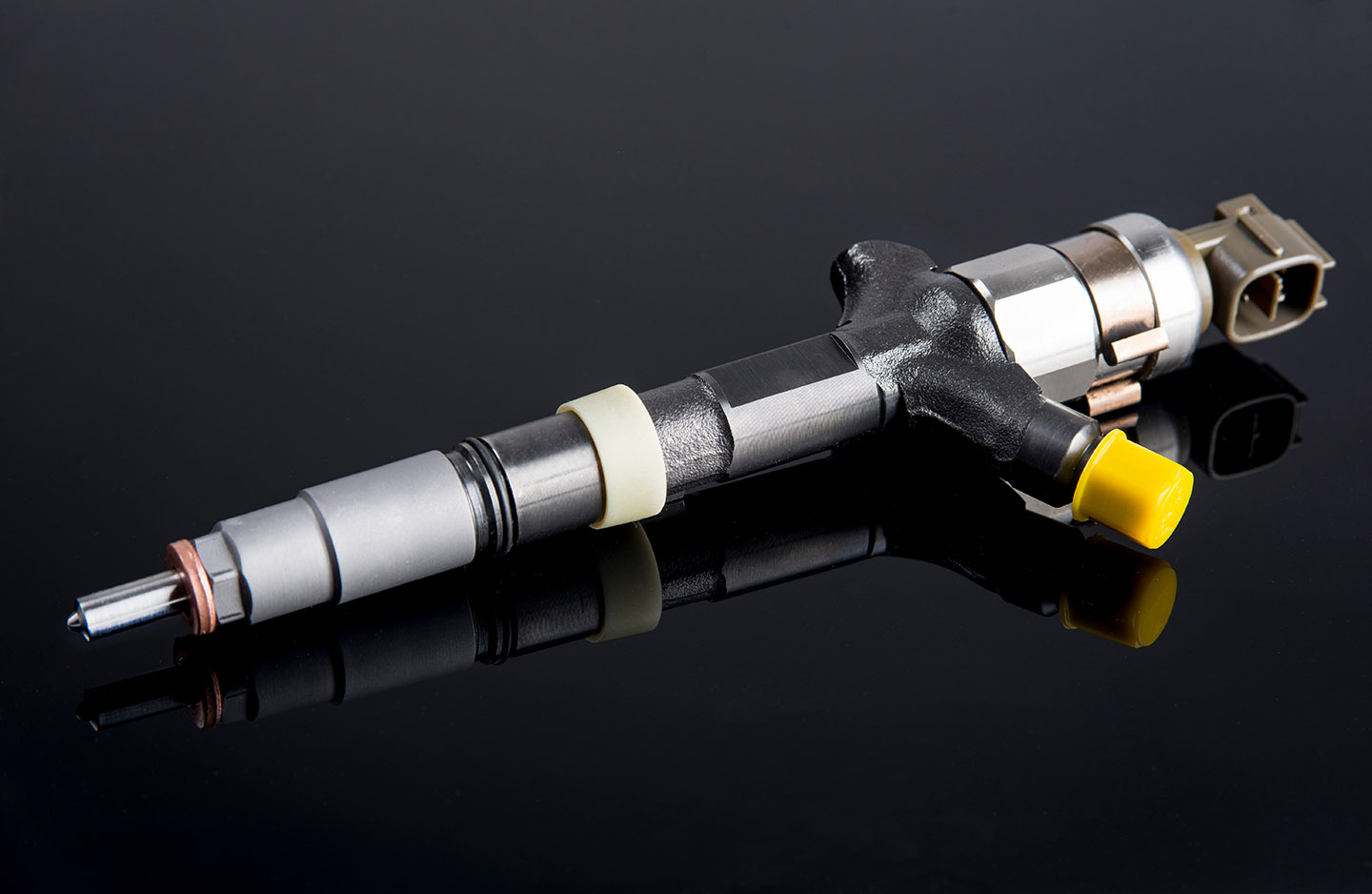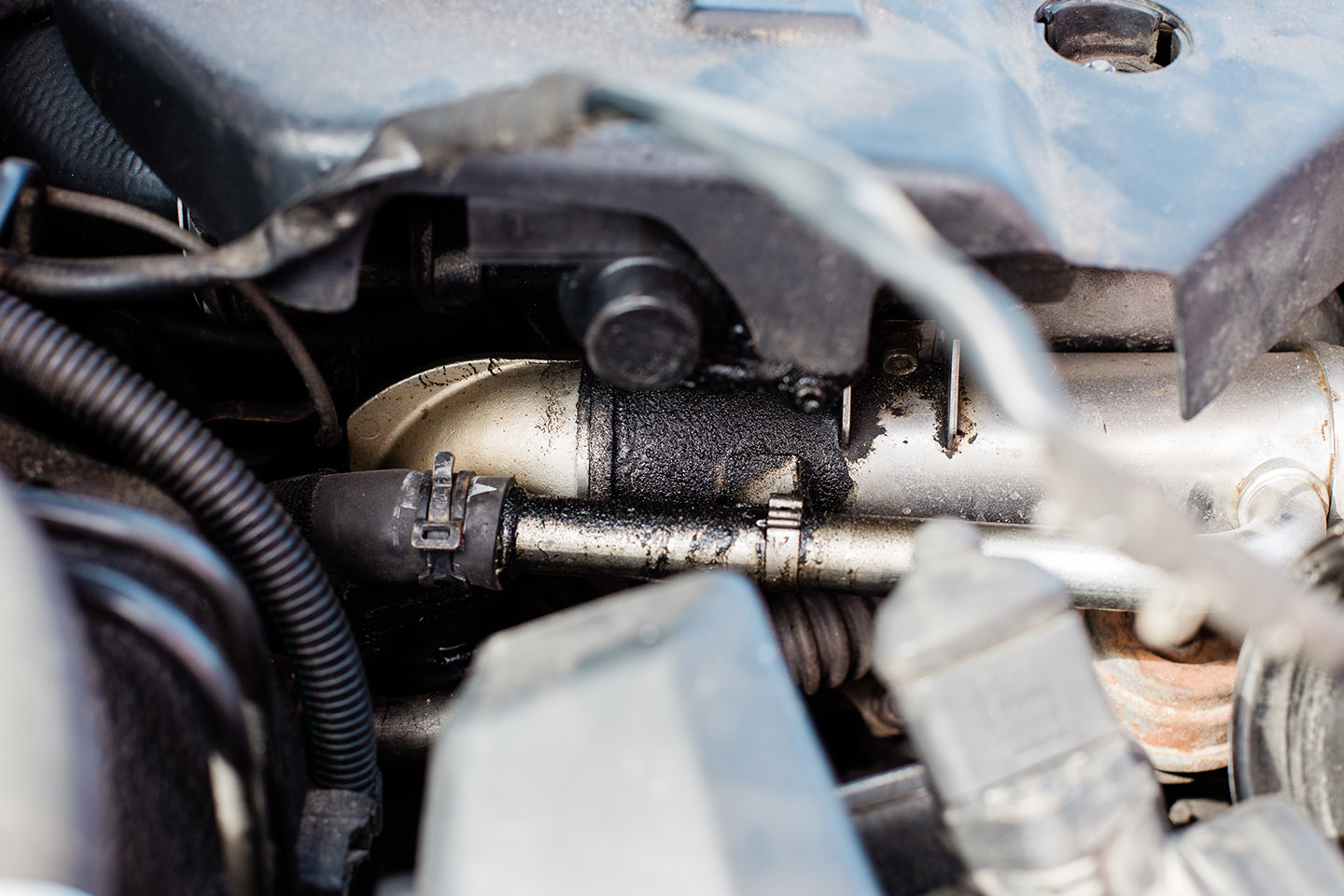How to Tell if a Diesel Fuel Injector Pump Is Bad: Failure Symptoms and Troubleshooting Tips
Nov 23rd 2021

The fuel injector pump is a crucial part of your diesel engine. It does exactly what the name implies. It injects fuel into the intake manifold in the vehicle so the engine can generate power. If the pump fails to inject fuel, the engine won’t start. These components are designed to last for at least 100,000 miles or more, but they can encounter problems along the way. Learn what happens when your diesel fuel injector pump goes bad and what to do once it does.
What is a Diesel Fuel Injector Pump?
Let’s start with the basics. When you drive, the diesel fuel injectors pump fuel into the combustion chamber using a spray action. Most vehicles come with one injector per cylinder. The fuel is kept under high pressure — usually around 40,000 PSI — as it enters the injector. It then passes through the solenoid valve if it is open. The plunger then prepares the fuel for delivery. It exits the injector through the spray nozzle as a fine mist.
Find Replacement Diesel Fuel Injectors to Improve Engine Performance
Signs You Need a New Fuel Injector Pump
That’s how the pump is supposed to work, but things don’t always go as planned. Watch out for these warning signs that something is wrong:
Sputtering Sounds
If your engine makes a sputtering sound when you reach top speeds, the injectors could be misfiring. This is a sign the engine doesn’t have enough fuel to keep pace with acceleration.
Overheating
Without enough fuel, the engine could overheat, which will lead to a slew of problems, including poor fuel efficiency, coolant leaks and steam coming from the hood. Too much heat could damage the EGR system, so consider replacing your 6.0 EGR cooler as well if the problem continues.
Sudden Loss of Power
The engine needs fuel to generate power. If the injectors aren’t delivering enough fuel, you may notice a sudden lull behind the wheel. Watch out for sudden changes in power when driving uphill or towing equipment.
A Surge of Power
The opposite can also happen on the road. The injector may send too much fuel into the combustion chamber, which leads to a surge in power. You will notice the engine speeding up before quickly losing power.
No Power at All
The engine may misfire or fail to start altogether if the fuel injector pump isn’t working.
Use the Right Diesel Fuel Injector Pumps for Your Make and Model

What to Do if the Diesel Fuel Injector Pump Is Failing
If you notice one or more of these warning signs, you may have to replace your diesel fuel injector pumps. There are a few things you can do to test it out. Follow these steps to get to the source of the problem:
Check for the Troubleshooting Codes
Modern vehicles are great at self-diagnosing their own problems. If the check engine light comes on, use an onboard diagnostic (OBD) tool to check the specific code. You can find one at your local auto parts store. Plug it into your dashboard to find out what’s going on under the hood.
Listen for the Injection
If you have access to a stethoscope, you can give your engine the full patient treatment. Use your owner’s manual to find out where the fuel injectors are located in your vehicle. Put the stethoscope up to the injectors and turn the engine on. If you hear clicking sounds, it means the solenoid valve is opening and closing as it is supposed to. If not, the injectors have failed entirely.

Check for Leaks
You can also remove the fuel injectors to see if they are leaking. The O-ring may fail over time, which could cause fuel to leak out of the nozzle. Put a paper towel or rag underneath the injector. Turn the ignition without turning the engine on. If fuel leaks onto the fabric, you will need a new fuel injector pump.
Shop Replacement Diesel Parts Online
You can easily find a replacement diesel fuel injector pump online. Replace this part right away to avoid further damaging your vehicle. If the engine doesn’t have enough fuel, other parts and components could suffer as well.
